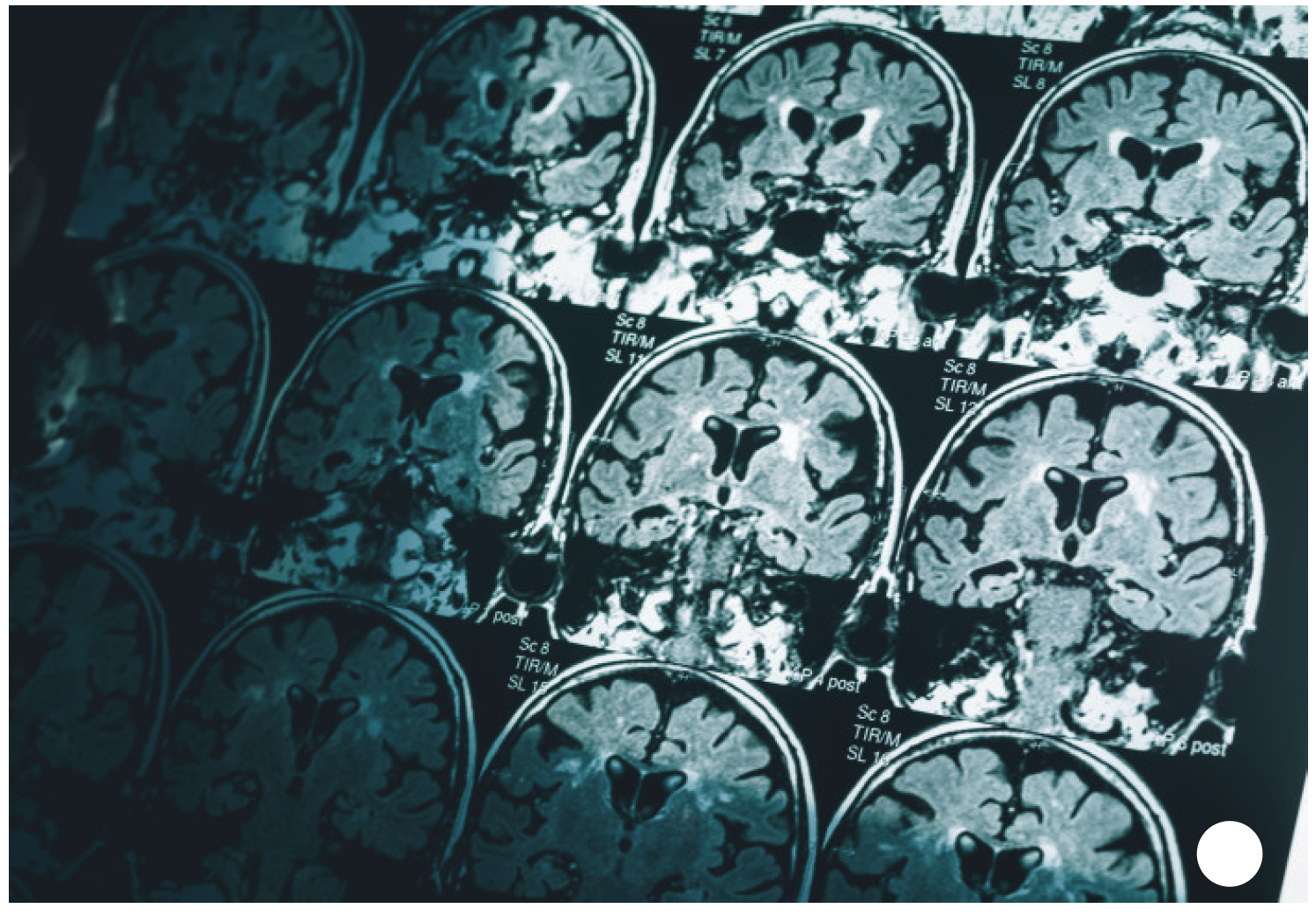Reduced-Dose Gadolinium Approach Validated on 1.5T MRI
Images

A new multi-center study validates the processing of reduced-dose gadolinium-based contrast agent (GBCA) perfusion studies on 1.5T scanners using Imaging Biometrics’ solution, IB Neuro.
Led by Dr. Mark Shiroishi, MD, Assistant Professor of Neuroradiology and Director of Neuro-Oncology Imaging at the Keck School of Medicine of USC, is an extension of a prior study published in April 2019 that validated the use of a low-dose protocol for acquiring MRI perfusion data. In the 2019 study, it was shown that 3T MRI data collected with 50% less GBCA could provide perfusion maps comparable to the higher dose standard when processed using IB Neuro. The new study now validates using IB Neuro for this approach on 1.5T scanners.
Dynamic susceptibility contrast (DSC) MRI is the most common approach used to measure brain tumor perfusion. Relative cerebral blood volume (rCBV) is the most widely generated parameter map that provides important information regarding tumor grade, prognosis, and treatment response. IB Neuro automatically processes DSC data using its unique contrast leakage (of GBCA) correction technology. It is the only platform that generates quantitative output that can be directly compared across timepoints. This study also makes IB Neuro the only platform proven to provide accurate perfusion maps under low-dose conditions at both 1.5T and 3T MR scanners.
“The study demonstrates that a single dose (no preload), low flip angle method does not compromise image quality,” said Dr. Mark Shiroishi, MD. “This is a great added benefit for patients who may have concerns about GBCA risks, and for administrators looking for opportunities to curtail operational expenses.”